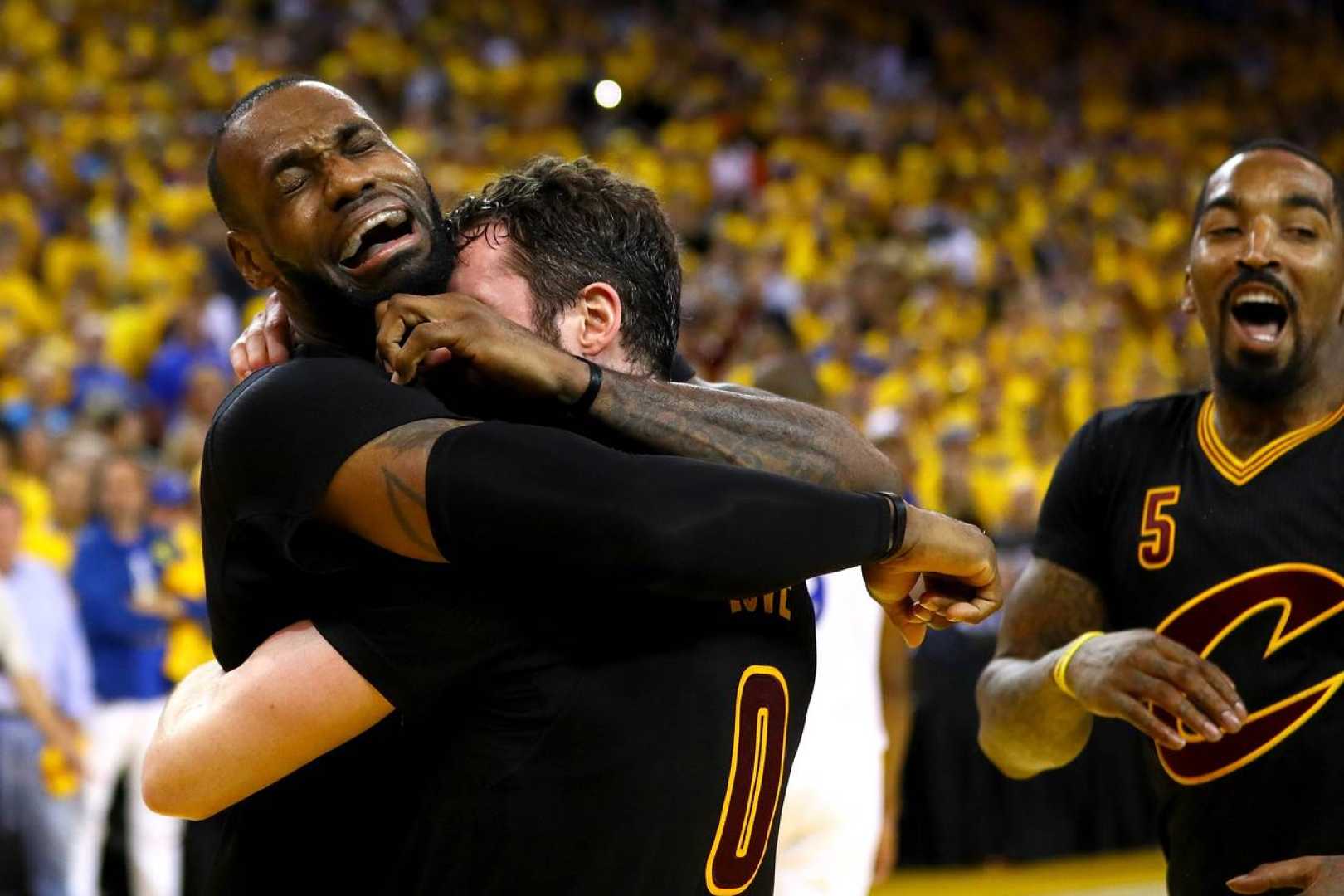Sports
NBA CBA Rules Challenge Players’ Award Eligibility Amid Awards Season

CLEVELAND, Ohio — In a recent episode of the Wine and Gold Talk podcast, host Ethan Sands and columnist Jimmy Watkins analyzed the impact of the NBA’s Collective Bargaining Agreement (CBA) on player awards, focusing specifically on how these rules affect players like Ty Jerome. As the NBA steps into awards season, the implications of the new CBA pose significant questions for players’ eligibility.
The CBA’s stipulations require players to participate in at least 65 games, or 62 games if they suffer a season-ending injury, in order to be eligible for prestigious awards like MVP, Most Improved Player, and Defensive Player of the Year. Additionally, players must each play at least 20 minutes in those games to qualify. Currently, Ty Jerome is facing challenges; he has only played 34 games this season with over 20 minutes of action.
“A player shall be considered to have played in a regular season game if they played at least 20 minutes of such game,” explained Sands, reading from the CBA. “The adjustments in the CBA not only influence the MVP race but also affect candidacies for numerous awards, potentially sidelining deserving players.”
This new framework raises concerns about fairness, as numerous players might find themselves outside of award eligibility due to circumstances beyond their control. Jerome’s current lack of qualifying games epitomizes the issue at hand.
Watkins expressed his understanding of the NBA’s intent behind implementing the 65-game rule, stating, “They want to incentivize players to participate more during the regular season. The ratings are down, and it’s evident that players are resting more often than not. Thus, it is imperative for the League to keep players on the court to enhance game significance.”
Despite the good intentions, the rule’s stringent nature can hinder relatively deserving candidates from receiving recognition for their performances. “It’s quite a mess. They were proactive about avoiding the misuse of award considerations by mandating game participation, but I’m worried that exceptional performances will fall through the cracks,” Watkins added.
Discussions turned toward the broader implications of the CBA, particularly how player availability intersects with team management strategies. Sands highlighted that players like Jerome must “battle against the system” to garner recognition despite the external factors affecting their game time.
The podcast delved into further discussions about the health and management of players during crucial game stretches. Both hosts remarked on various strategies teams are employing to keep players healthy, particularly as the playoffs approach.
Bigger conversations around players’ performances seep into discussions about their long-term effectiveness and award prospects. Jerome, despite his uncertain eligibility, has played an essential role in the Cleveland Cavaliers’ push toward the playoffs with averages of 12.2 points per game and an efficient shooting percentage, surpassing 50% from the field.
“Even to get the Six Man of the Year, players like Ty Jerome need to stay active and healthy. The irony here is while teams must strategically rest their players, they inadvertently risk the credibility of those competing for end-of-season awards due to the nuances of the CBA,” said Sands.
As the podcast continued, camaraderie and the evolution of players like Jerome took center stage, despite looming eligibility concerns. Fans and analysts will be watching carefully, particularly as award ballots begin to take shape, scrutinizing every game and minute played as they assess deserving candidates.
Looking ahead, the podcast confirmed the importance of educating audiences on the depth of these complex regulations. With future conversations focusing on the implications of the CBA expected to occur, listeners and fans remain encouraged to actively engage in dialogue about player performance, award eligibility, and their broader impact on the game.












